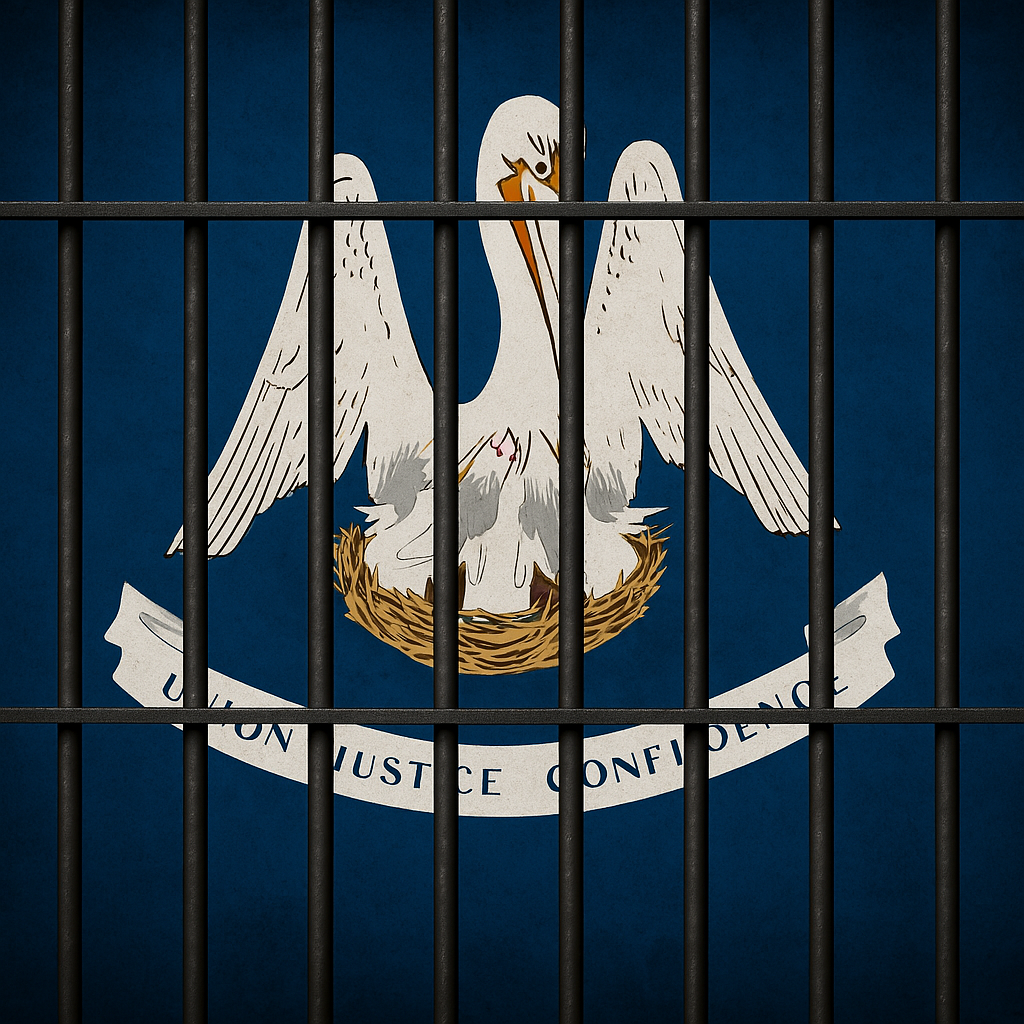
On June 5, Louisiana Governor Jeff Landry signed SB154 into law, which will officially make kratom a Schedule I substance starting August 1, 2025.
Louisiana has extremely draconian laws regarding Schedule I substances. Conviction for possession can result in 4 to 10 years of imprisonment (with or without hard labor) and fines up to $5,000. Selling or trafficking these substances carries 5 to 30 years of imprisonment at hard labor, with fines reaching $50,000. Large-scale trafficking can lead to life imprisonment without parole.
There is an exception to the kratom prohibition law, however. Possession of less than 20 grams of kratom is only punishable by a fine of not more than $100. However, possession of greater than 20 grams, or the manufacture or distribution of kratom, can result in similar penalties listed above, including prison time, even for a first offense. For a person who relies on kratom for managing severe discomfort, 20 grams may only be a few days to a week’s supply.
Louisiana is not only the least free state in the USA, but has the second highest incarceration rate in the world, next to El Salvador (according to PrisonPolicy.org). Per capita, the Louisiana prison population by far surpasses Cuba, Russia, and Iran.
A reasonable observer would conclude that a significant reason for Louisiana’s high incarceration rate is its for-profit prison system. Louisiana contracts private companies to operate some correctional facilities. These companies profit by cutting costs on food, healthcare, and rehabilitation programs while receiving state funding per inmate. Many parish jails are run by local sheriffs, who receive state payments for housing inmates. This creates an incentive to keep jails full. Since private prisons and sheriff-run jails profit from incarceration, they often lack rehabilitation programs, increasing recidivism rates. Private prison companies lobby lawmakers to maintain strict sentencing laws, ensuring a steady flow of inmates.
In addition, in the past several years, Louisiana has implemented stricter regulations on opioid prescriptions, expanded surveillance, and increased arrests and prosecutions of doctors. As a result of this type of environment, doctors become extremely hesitant to treat chronic pain patients, who sometimes have no choice but to go outside the medical system to manage pain on their own.
The sponsor of the kratom ban bill, State Senator Jay Morris, received thousands of dollars in campaign contributions from the Louisiana Sheriffs’ Association, who are vocal proponents of kratom prohibition.
During the hearing, Morris seemed to ignore scientists’ testimony, accusing them of profiting from the kratom industry. Scientific facts and testimony from citizens helped by kratom (who will be considered criminals after August 1) were heard but ignored in subsequent discussion.
Louisiana is now the 7th state to ban kratom along with Alabama, Arkansas, Indiana, Rhode Island, Vermont, and Wisconsin. The Rhode Island house passed a legalization bill in May. However, Connecticut slipped a last-minute kratom ban into a hemp regulation bill that now sits on Governor Ned Lamont’s desk. Kratom advocacy groups are urging followers to contact Gov. Lamont to ask him to veto HB6855, at 860-566-4840 (press 1) Email: https://buff.ly/He1xEF6 or via AKA’s https://protectkratom.org/connecticut
